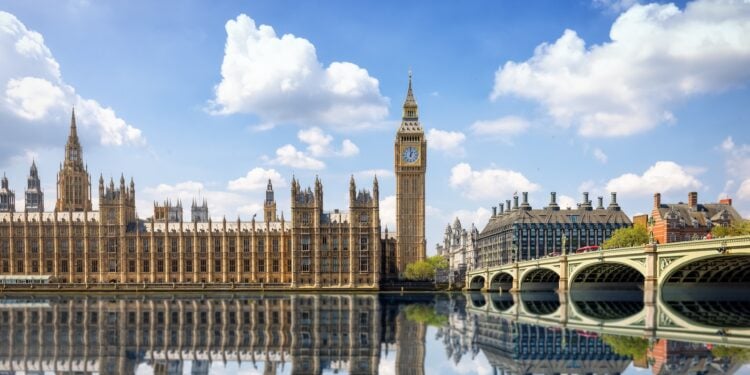According to a report in the Financial Times, the British government has again demanded that Apple make encrypted iCloud data accessible. This time, it specifically concerns backups of British citizens. The demand is justified by the need to facilitate investigations into terrorism and child sexual abuse.
The dispute between Apple and government authorities over access to encrypted user data has been going on for years. Questions repeatedly arise about how far governments are allowed to go to guarantee security and how much protection personal data deserves in the digital age. Apple consistently defends encryption and rejects backdoors. The British government's recent actions have brought the conflict back into the headlines – with potential consequences for users worldwide.
New demand from the Ministry of the Interior
At the beginning of September, the British Home Office requested that Apple develop a solution that would allow law enforcement agencies to access encrypted iCloud backups. Unlike a previous order, the current request concerns only the iCloud data of British citizens. According to the government, the aim is to support investigations into particularly serious cases, such as terrorism or child abuse.
Previous attempts and diplomatic tensions
Back in January, the Home Office attempted to force Apple to grant global access to encrypted data. This demand led to a diplomatic conflict with the United States. The then-Trump administration pressured Britain to abandon the plans. In August, US National Intelligence Director Tulsi Gabbard finally announced that Britain had agreed to at least stop accessing the encrypted iCloud data of US citizens.
Apple's reaction
Apple had already withdrawn the rollout of an enhanced iCloud privacy feature in the UK in February. At the same time, the company objected to the demands and filed a complaint with the Investigatory Powers Tribunal. Apple also joined a lawsuit brought by civil liberties organizations Privacy International and Liberty. The company warns that government-enforced access to encrypted iCloud backups would endanger the security of all users.
Security risks from backdoors
The key question remains whether special access for British authorities would weaken iCloud's overall security. Experts point out that any backdoor is open not only to investigators but could also be exploited by criminals or authoritarian states. What is intended as a national measure against terrorism and abuse could thus become a threat to global data security.
iCloud as a focal point of the data protection debate
The British government's demand highlights how difficult it is to reconcile security and privacy in the digital space. Apple uncompromisingly defends iCloud's encryption, while government agencies insist on access to data to combat serious crimes. Whether a solution that satisfies both sides remains to be seen. The only thing that is certain is that iCloud will continue to be at the center of a global debate about data protection, state powers, and the risks of backdoors. (Image: Shutterstock / Sven Hansche)
- Apple requests dismissal of Elon Musk's absurd AI lawsuit
- Apple Vision Pro: FCC confirms revised headset
- Apple in court: lawsuit for religious discrimination
- FCC likely confirms new iPad Pro and MacBook Pro devices
- Sora 2 by OpenAI: Realistic AI videos with audio and effects
- Apple Watch Series 3 & iPhone 11 Pro Max are now considered vintage
- Anthropic releases Claude Sonnet 4.5 with powerful coding tools
- Powerbeats Fit – the new fitness update from Beats
- Adobe Premiere on iPhone – available for free
- WhatsApp introduces Live Photos for iOS and much more
- ChatGPT brings Instant Checkout: Shopping directly in chat
- Apple's Foundation Models Framework combines AI and data protection
- New software updates: Apple fixes dangerous security vulnerability
- iOS 26.0.1 & Co.: Security and stability improvements





